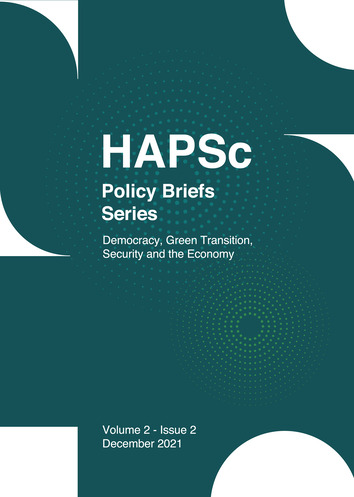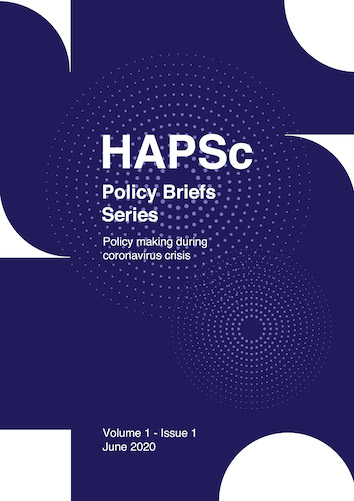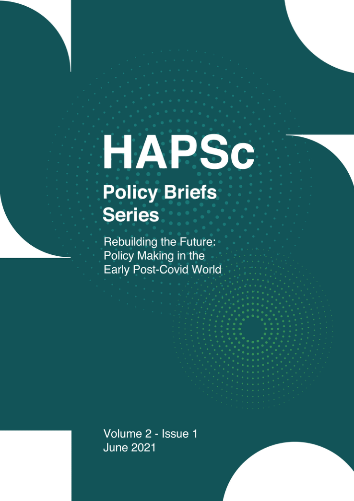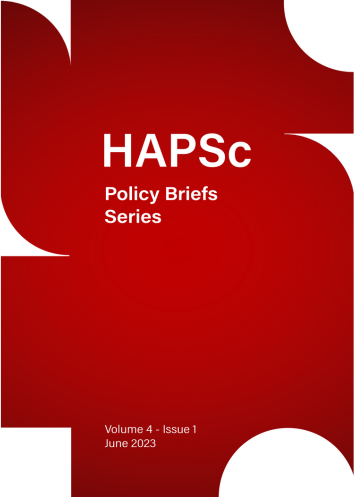The Rise of NGOs in Global Health Governance and Credibility Issues in the 21st Century

Abstract
NGOs/ CBOs have emerged as an integral pillar of both global and national governance, and are recognized as such by the official institutions founded after World War II. This is evident from the important gaps they are called upon to fill, their formal partnerships with international organizations and national governments, and the funding they manage for this purpose. Global health is perhaps the area where NGO activity has made the biggest difference. Over the last two decades, however, issues of transparency, effectiveness and, in some cases, legitimacy of their activities have arisen. This policy brief examines the circumstances that have led to the consolidation of NGOs in the international stage, and the reasons why their existence is vital. Finally, a framework that will restore and strengthen their credibility is envisaged, which in turn could potentially enhance their effectiveness too.
Article Details
- How to Cite
-
Sidiropoulos, S., Emmanouil-Kalos, A., Kanakaki, M. E., & Vozikis, A. (2021). The Rise of NGOs in Global Health Governance and Credibility Issues in the 21st Century. HAPSc Policy Briefs Series, 2(2), 278–288. https://doi.org/10.12681/hapscpbs.29516
- Section
- Articles

This work is licensed under a Creative Commons Attribution 4.0 International License.
Authors retain copyright and grant the journal right of first publication with the work simultaneously licensed under a Creative Commons Attribution License that allows others to share the work with an acknowledgement of the work's authorship and initial publication in this journal.





